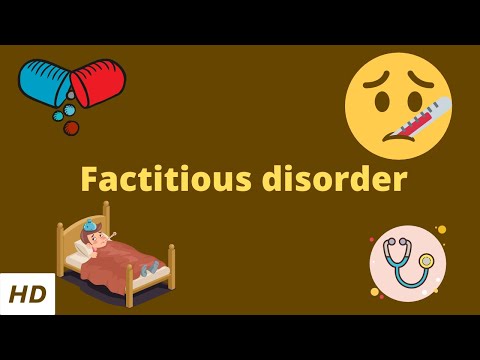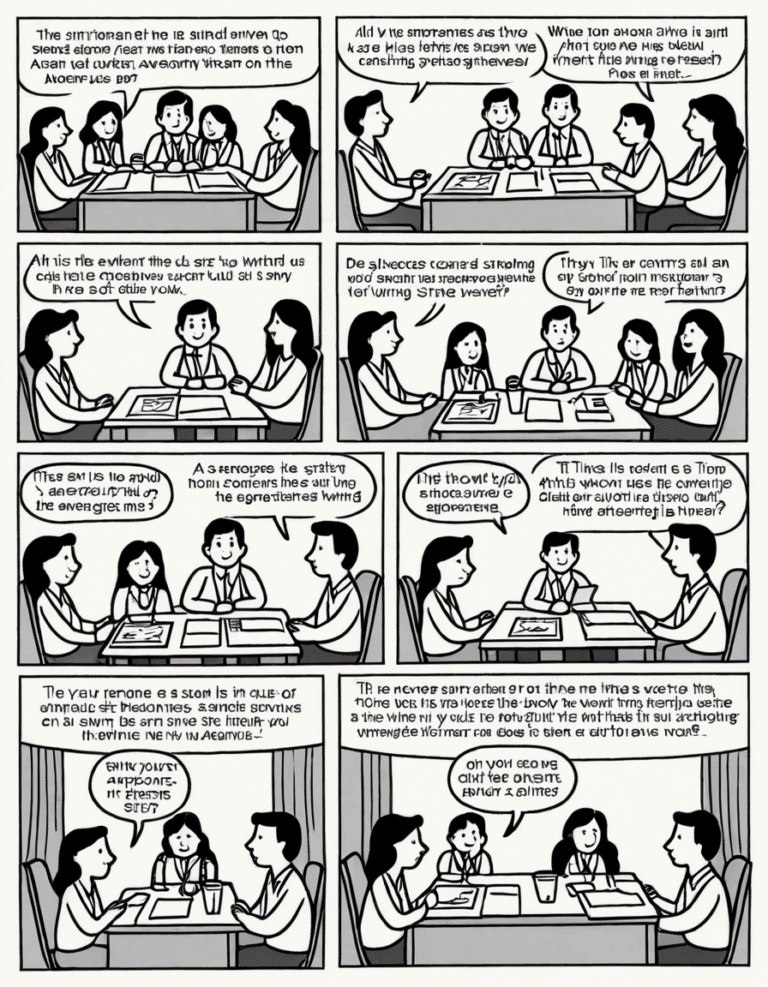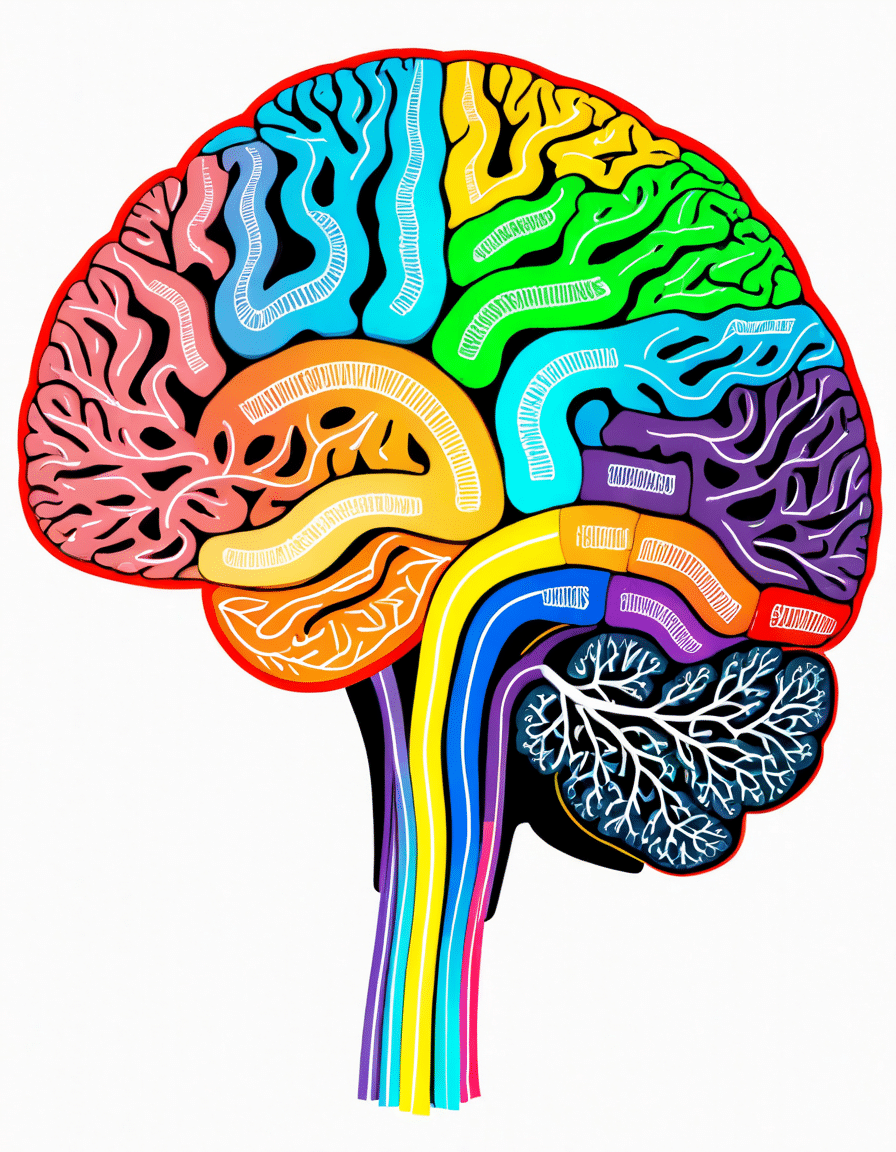Factitious disorder is a psychological condition that many people may not fully understand, yet it holds a gripping narrative about the human experience. At its core, factitious disorder involves individuals intentionally faking or inducing physical or psychological symptoms to gain attention or sympathy. Unlike malingering, which is driven by concrete external incentives like financial gain, the motivations behind factitious disorder are often much deeper, rooted in complex emotional needs. Whether due to neglect, lack of assertiveness, or a history of emotional struggle, this disorder shines a light on the darker aspects of health and humanity. It’s high time we dive deep and explore factitious disorder without hesitation—trust me, it’s a journey worth taking for anyone interested in understanding the emotional layers beneath our health narratives.

7 Surprising Insights About Factitious Disorder Revealing Emotional Complexity

1. The True Nature of Factitious Disorder
Factitious disorder isn’t just about pretending to be sick—it’s a cry for help buried within a mental health crisis. Individuals often feel emotionally distressed, and faking illness is their way of trying to express these feelings. Think about it like this: it’s a performance driven by psychological pain, with symptoms that feel real to the individual, even when they’re crafted for attention. This nuanced behavior can be traced back to unresolved childhood issues, such as neglect or an inability to assert themselves properly. Rather than seeing a doctor for much-needed support, they choose to create their own narrative around health, essentially saying, “Look at me! Notice me!”

2. The Dismissive Meaning Behind Symptoms
When examining the surface of factitious disorder, you may realize that symptoms often serve as shields against emotional vulnerability. It’s like wearing armor made out of invisible illness. People with a dismissive avoidant attachment style find it hard to express their emotions directly. They fabricate or exaggerate symptoms to elicit care and attention without having to confront their true feelings or fears. The result is a quirky paradox of appearing strong yet deeply fragile. This mask allows them to maintain a facade while grappling with emotional unavailability, making every encounter feel superficial.
3. The Emotional Layer: Understanding Avoidant Attachment
Diving deeper into factitious disorder, we find that early experiences play a big role in shaping these behaviors. Many individuals develop an avoidant attachment style linked to fragile childhood dynamics. They might have seen vulnerability as a weakness growing up, so they resort to ill health as a way to draw others in without risking rejection. It’s a classic case of people repeating patterns learned years ago. They give the impression of being unbreakable while struggling to form genuine connections, making therapy a tough but necessary step for change.
4. Impulsive Behaviors and Diagnostic Challenges
One significant obstacle in diagnosing factitious disorder lies in the impulsivity displayed by individuals. They may create symptoms spontaneously, leaving doctors baffled and frustrated. Picture this: a patient exaggerates their ailments, showcasing a mix of symptoms that don’t quite fit. For medical professionals, distinguishing between genuine and fabricated illness becomes a tricky game. It’s like trying to solve a puzzle where the pieces keep changing shape. This unpredictability leads to misdiagnoses, where valid concerns could easily be brushed off as exaggerated complaints.
5. The Aging Factor: Senile Manifestations
As people age, the symptoms of factitious disorder can adapt, morphing into presentations that align with society’s views on senility and illness. Some elderly individuals might exaggerate health issues in a desperate attempt to elicit care or attention. The age-related factor complicates this dynamic, as society often dismisses complaints from older adults as simply “part of aging.” Think about how conversations around aging often need a fresh perspective; we’ve got to scrutinize our assumptions about health and wellness in seniors.
6. Real-World Examples of Factitious Disorder in Media
Let’s take a look at real-life examples to ground our understanding of factitious disorder. The widely publicized case of Gypsy Rose Blanchard serves as a haunting reminder of the emotional abuse that can lead to such behaviors. Here’s a young woman who was made to live a life that was not only fabricated but filled with neglect. Her story shows how factitious disorder can stem from a toxic family dynamic, illustrating just how intertwined personal history and health deception can be. Documentaries and articles about her life emphasize the harsh reality of emotional trauma and its long-term impact on mental health.
7. The Path Forward: Embracing Assertiveness and Therapy
Now that we’ve dug deep into the nature of this disorder, we need to discuss the next steps for those grappling with it. The key lies in understanding that individuals affected by factitious disorder often yearn for genuine emotional connections. Therapy that focuses on assertive communication could pave the way for healing and breaking down the walls built around past traumas. Addressing these emotional struggles can lead to healthier coping mechanisms that don’t involve deceit. Investing in mental health resources can create an environment where feeling connected and understood becomes the norm, rather than relying on fabricated narratives.

The Dark Reality Behind Health Narratives
The implications of factitious disorder resonate beyond the personal level; they ripple across healthcare systems and societal attitudes. Recognizing the links between emotional trauma, attachment styles, and health deception shifts how we perceive and treat psychological struggles. We can stand stronger together by fostering empathy for those affected. The journey towards healing requires us to break down barriers and offer mental health resources that prioritize human connection over traditional health narratives.
So, let’s eliminate the stigma surrounding factitious disorder and promote understanding and healing. Picture a world where emotional needs are openly addressed and healthcare becomes a supportive ally rather than just a diagnostic machine. Be it through sharing personal stories or encouraging therapy and open discussions, we can foster an environment where authenticity thrives, paving the way for healthier relationships with ourselves and those around us.
By highlighting these emotional stories, we can spark change, transforming healthcare narratives from mere facts into emotionally rich narratives that envelop compassion and support. After all, embracing our emotional complexity is what strengthens our ties as a community, ensuring nobody feels they have to wear the mask of illness for support.
Let this article be a beacon of understanding, compassion, and inspiration for anyone looking to better themselves both mentally and physically. Always remember, achieving that ripped six-pack or shredded physique isn’t just about lifting weights—it’s about weight lifting, mind and spirit included. Get strong, get healthy, get real!

Factitious Disorder: Unmasking the Deceptive Illness
A Peculiar Behavior
Factitious disorder, a bizarre psychological condition, often leads individuals to feign illness or harm themselves to gain attention, sympathy, or care. It’s a curious phenomenon, akin to how some folks might manifest a retroactive jealousy that stems from past relationships. Just as jealousy can disrupt personal connections, factitious disorder complicates relationships with healthcare providers. Fascinatingly, research shows that this disorder is not just about the desire for attention; underlying psychological pain often drives these deceptive actions.
Did you know that approximately 1 in 1,000 hospital admissions may involve someone with a factitious disorder? That’s a staggering figure considering the usual focus on well-known medical conditions. In a similar vein, one might ponder about common ailments and consider questions like, What std Is?. Understanding these fascinating conditions can shed light on why people resort to such lengths for validation.
The Fine Line
Individuals with factitious disorder often blur the lines between truth and fabrication. This troubling distinction may evoke a sense of ache for caregivers who genuinely wish to assist. The psychological nuances resemble the passive aggressive definition—where indirect resistance complicates interactions. It’s a real conundrum because, unlike those seeking a quick fix through medications, like How Does Viagra work, individuals with factitious disorder seem trapped in a web of their own making, pursuing sympathy instead of solutions.
Interestingly, some people might indulge in elaborate ruses, crafting storied pasts around their supposed ailments, similar to inventive Pictures To draw. This creativity can sometimes make it difficult for medical professionals to discern fact from fiction, complicating effective care and treatment.
Societal Impacts and Awareness
The societal impacts of factitious disorder can be extensive. Patients may consume resources and time that could be better utilized elsewhere, raising questions about healthcare ethics and allocation. Just as individuals seek out motivational speaker Opportunities to inspire change, raising awareness about factitious disorder can help combat stigma and misunderstandings. With more empathy and understanding, society can better support those struggling with this disorder rather than viewing them through a lens of judgment.
It’s crucial to remember that behind the deceptive behaviors lie real human struggles. Factitious disorder often roots itself in deep emotional wounds, leaving individuals feeling isolated and misunderstood. Similar to how a rockwell musician masterfully conveys emotions through art, those dealing with this disorder may express their suffering through more troubling means. As we explore these layers, we uncover the importance of compassion and better strategies for addressing mental health disorders, promoting a healthier discourse around these crucial topics.



























